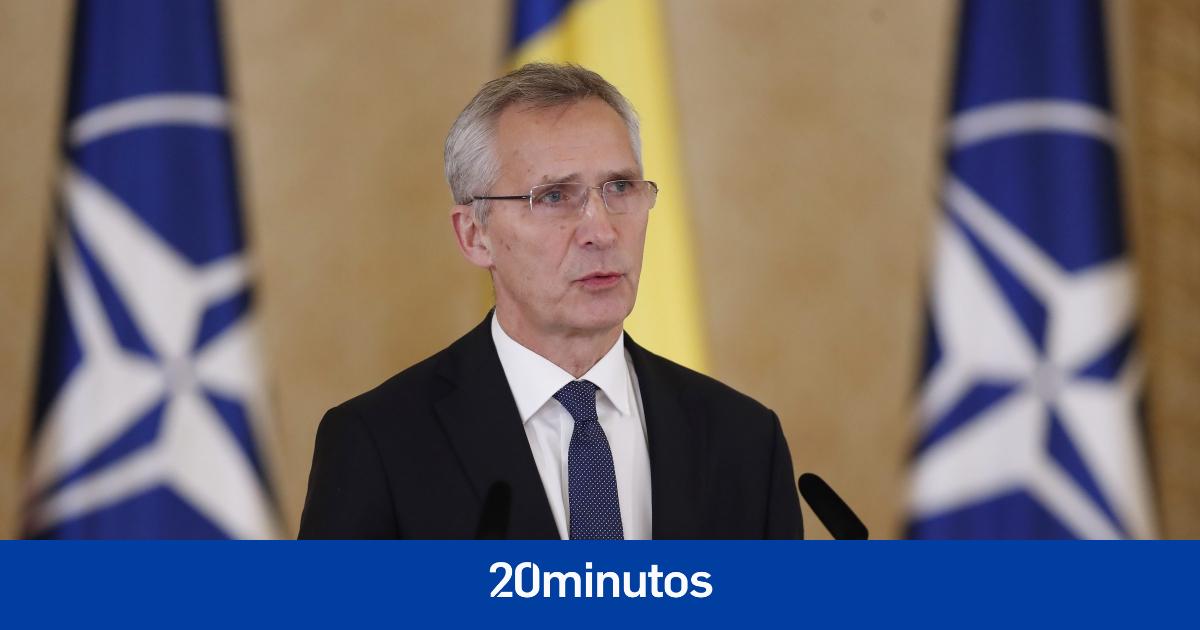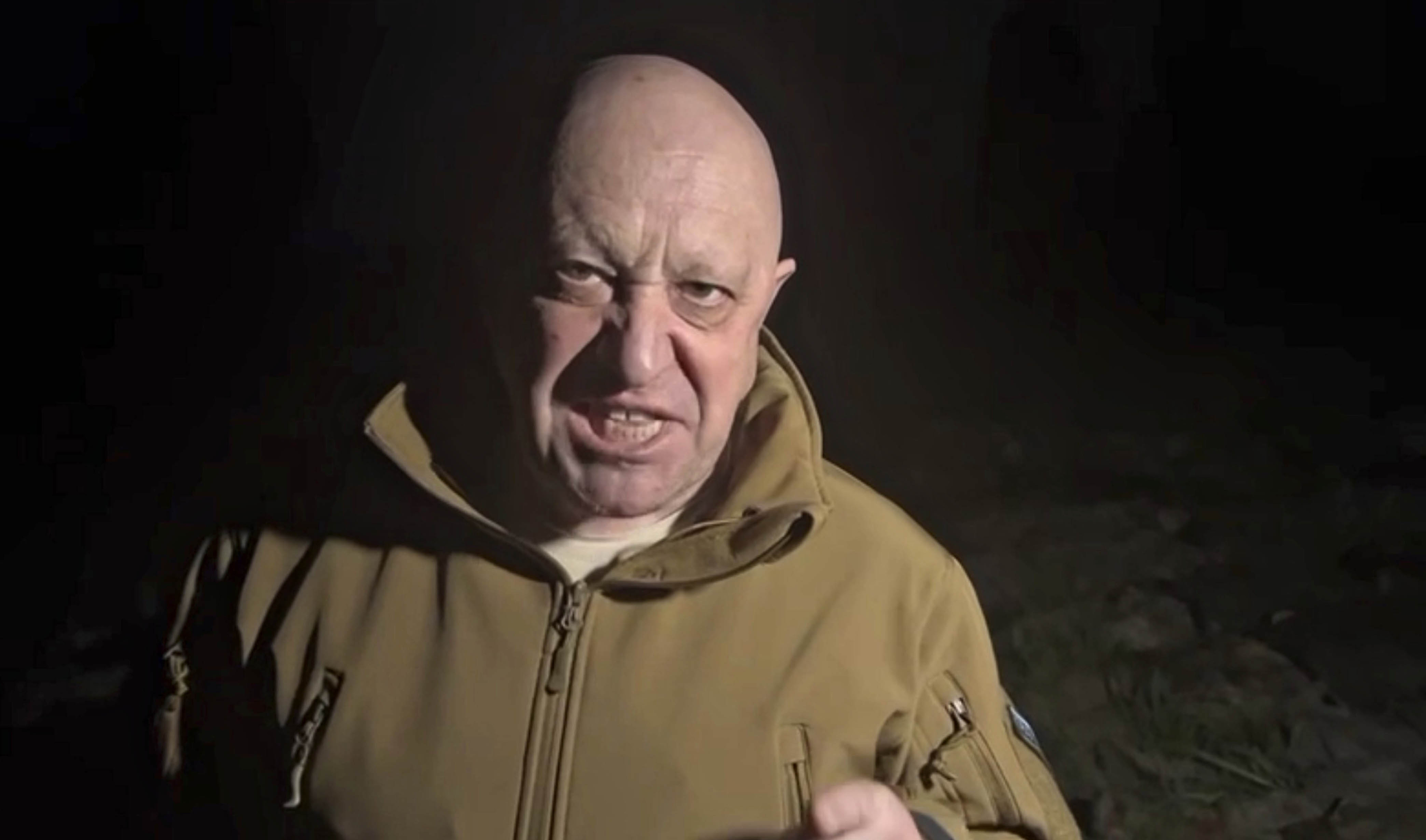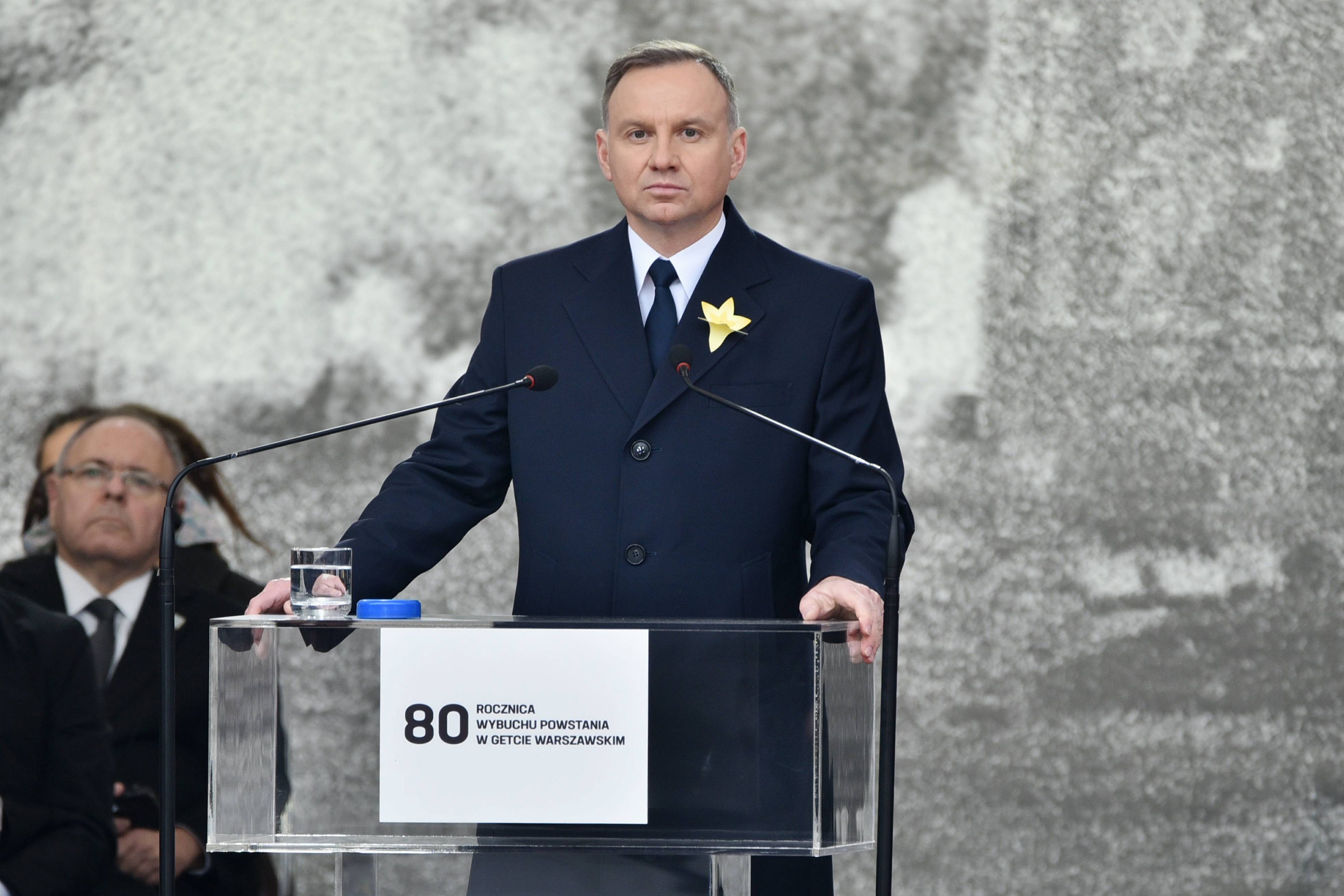Stoltenberg presses Turkey to lift veto on Sweden’s NATO membership but lowers hope for Ukraine

Help Ukraine yes, and for as long as it takes, but within realism. NATO is not budging an inch from its position on Kiev while focusing its enlargement with the entry of Sweden. After the yes to Finland, the Secretary General of the Atlantic Alliance will travel to Ankara to put pressure on Turkey to lift its veto on Sweden’s accession.. In parallel, Jens Stoltenberg calls for it to be assumed at once that Ukraine’s entry will not happen in the short term, although it can be given “security guarantees”. And that will come sooner rather than later, with an eye on the Vilnius (Lithuania) summit to be held on July 11 and 12 in the presence of Volodimir Zelenski.
Stoltenberg will launch at the meeting. a proposal for a military support package to upgrade the Ukrainian Army. and hopes that there will be “consensus” on it. The meeting in Vilnius should also serve for Sweden to receive a definitive yes from Turkey, for which the Norwegian leader will meet Recep Tayyip Erdogan – recently re-elected as Ottoman president – with the idea of polishing the last doubts of the Turkish government.
Last July the Madrid summit served for NATO to renew its strategic concept, the long-term plan in which it identifies threats (Russia) and challenges (China). In Lithuania, one year later, it is expected to see a strengthened and enlarged Alliance ‘sponsoring’ Ukraine but no talk of dates. on its accession.

Nevertheless, military aid will continue “as long as it takes,” as they have been repeating from Brussels since the beginning of the Russian invasion. “We do not know when the war will end, but we must make sure that, when it does, we have credible arrangements in place to ensure Ukraine’s security in the future and break the cycle of Russian aggression“, assured Stoltenberg, who acknowledged that all the details of the next support have to be studied depending on the needs of Zelenski’s troops on the ground.
“We have to study what kind of frameworks we can establish to provide the necessary guarantees that Vladimir Putin will not be able to attack Ukraine again.“he said. These security guarantees were also discussed on Monday by Zelensky himself with the President of the European Commission, Ursula von der Leyen, at the beginning of the meeting of the European Political Community in Moldova. In this regard, the Ukrainian president called for speed from both NATO and the EU. “Ukraine, which defends European values paying a blood price, still has no positive answer on its accession to the European Union and NATO,” he lamented.
In this regard, von der Leyen conveyed to Zelenski that. Brussels will “work hard” for Ukraine to “achieve the goal” of joining the EUthe German leader explained on her Twitter account. The two leaders also discussed how to implement the peace plan proposed by Zelenski, as he explained on social networks after his meeting with the leader of the EU executive.
The allies, all in all, want Ukraine to have its feet on the ground. The United States followed in that line. Washington has confirmed that it will offer a “strong” package of political and military support to strengthen relations with Ukraine at the summit of leaders in Lithuania in July, avoiding for the moment to speak of a timetable for accession to the Alliance, as specified by the head of US diplomacy, Antony Blinken, who also called for reaching an agreement between all Kiev’s partners, again as a show of unity vis-à-vis Putin.

“I hope that when the leaders meet in Vilnius there will be a solid package of support, both political and practical.”Blinken commented at a press conference after the meeting of allied ministers. As for the prospects for advancing Ukraine’s NATO membership, the secretary of state did not go into the substance of the issue and merely stressed that the allies continue to defend the Bucharest position of 2008, when NATO recognized Kiev’s Euro-Atlantic perspective. “There is no division over this proposal,” he defended, insisting that any changes would have to be decided with the consensus of all 31 NATO members.





